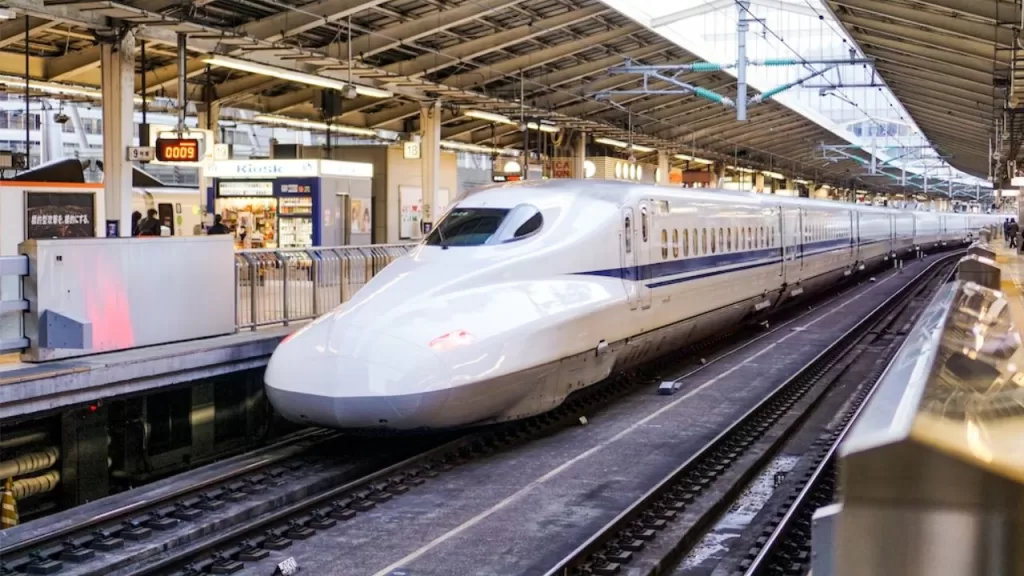Why is Japan So Rich?
Japan has been one of the world’s top economies for decades, currently ranking 4th in GDP behind only the United States, China, and Germany. This economic success stems from several key factors in Japan’s history, culture, geography, and policies.

Top 10 Largest Economies in 2025
Here is a table of the top 10 largest economies in the world in 2025, ranked by their Gross Domestic Product (GDP):
| Rank | Country | GDP (USD billion) | GDP Per Capita (USD thousand) |
|---|---|---|---|
| 1 | United States Of America (U.S.A) | 26,954 | 80.41 |
| 2 | China | 17,786 | 12.54 |
| 3 | Germany | 4,430 | 52.82 |
| 4 | Japan | 4,231 | 33.95 |
| 5 | India | 3,730 | 2.61 |
| 6 | United Kingdom (U.K.) | 3,332 | 48.91 |
| 7 | France | 3,052 | 46.32 |
| 8 | Italy | 2,190 | 37.15 |
| 9 | Brazil | 2,132 | 10.41 |
| 10 | Canada | 2,122 | 53.25 |
Historical Background of Japan’s Economic Rise
To understand Japan’s economic rise, we must look back to the Meiji Restoration period starting in 1868. This marked the beginning of Japan’s rapid modernization and industrialization. The Meiji government actively sought to adopt Western technologies and economic practices.

They invested heavily in infrastructure like railroads, shipyards, and factories. The education system was reformed to focus on science, engineering, and practical skills needed for industrialization.
Thousands of students were sent abroad to study Western methods. The government also created a national banking system, modeled after America’s, to provide financing for new ventures.
Japan’s Rapid Industrialization
Within just a few decades, Japan had transformed from a feudal, agrarian society into a modern industrial power. It became the first non-Western nation to achieve mass industrialization and economic growth comparable to the West.
This early head start gave Japan a big advantage coming into the 20th century. By the 1930s, Japan had become a major military and colonial power, controlling Korea, Taiwan, and parts of mainland China.
Post-WWII Economic Growth
Although Japan’s imperial ambitions ended with its defeat in WWII, the nation’s industrial capabilities remained intact. In the postwar era, Japan focused its economic might on peaceful export industries.

Japanese consumer electronics, automobiles, and other manufactured goods were soon popular worldwide for their affordability, quality and innovation.
Factors in Japan’s Sustained Economic Success
Several factors have enabled Japan to remain an economic leader from the postwar period until today:
- Strong work ethic: Japanese culture emphasizes diligence, precision and attention to detail. Japanese workers are among the most dedicated and highly skilled.
- High savings rate: Japanese households save over 15% of income on average, compared to under 5% for Americans. This provides capital for domestic investment.
- Government industrial policy: Japan’s Ministry of International Trade and Industry historically worked closely with major companies to target strategic industries for growth.
- Advanced technology focus: Japan excels in cutting-edge fields like robotics, biotech, and advanced materials. More patents are filed annually in Japan than any country except the U.S. and China.
- Education system: Japanese schools consistently produce students with excellent math, science, and reading skills, critical for high-tech industries.
- Geographic location: Close proximity to the massive East Asian markets of China, Korea, and Southeast Asia provides easy export opportunities.
While Japan may lack natural resources, it has made up for this through technological innovation and advancement. Japan also benefits from political stability, modern infrastructure, and a skilled labor force.
Challenges for Japan’s Economy

However, Japan does face some economic headwinds going forward. An aging population is slowing workforce growth. High government debt exceeds 200% of GDP.
Competition from China and other emerging Asian economies has eroded Japan’s manufacturing dominance. And two decades of low growth and deflation have created challenges for policymakers.
Japan’s Continuing Economic Strengths

Still, Japan retains major advantages including technical know-how, manufacturing excellence, and a culture focused on constant improvement. With the right reforms and renewed entrepreneurial dynamism, Japan is poised to remain a leading global economic power for decades to come.
Its dramatic rise from feudal backwater to economic titan demonstrates how a nation with few natural resources but abundant human capital can thrive in the modern world.